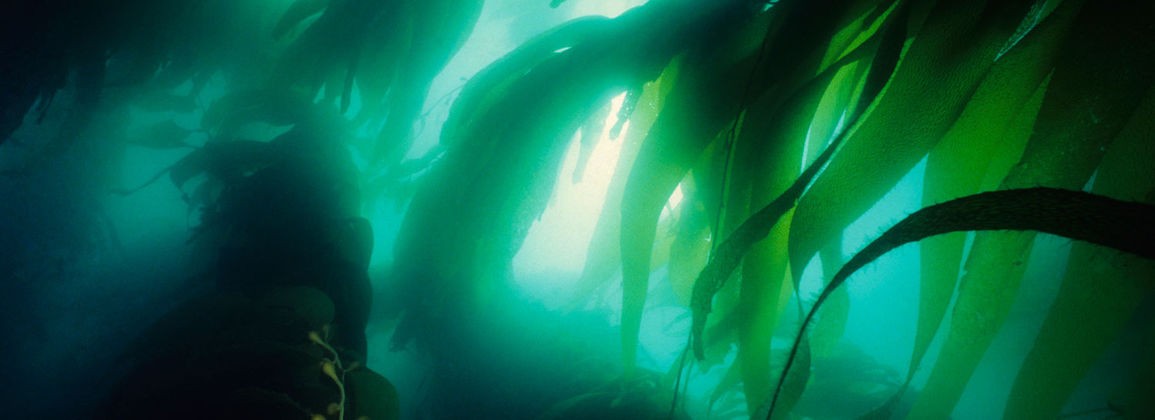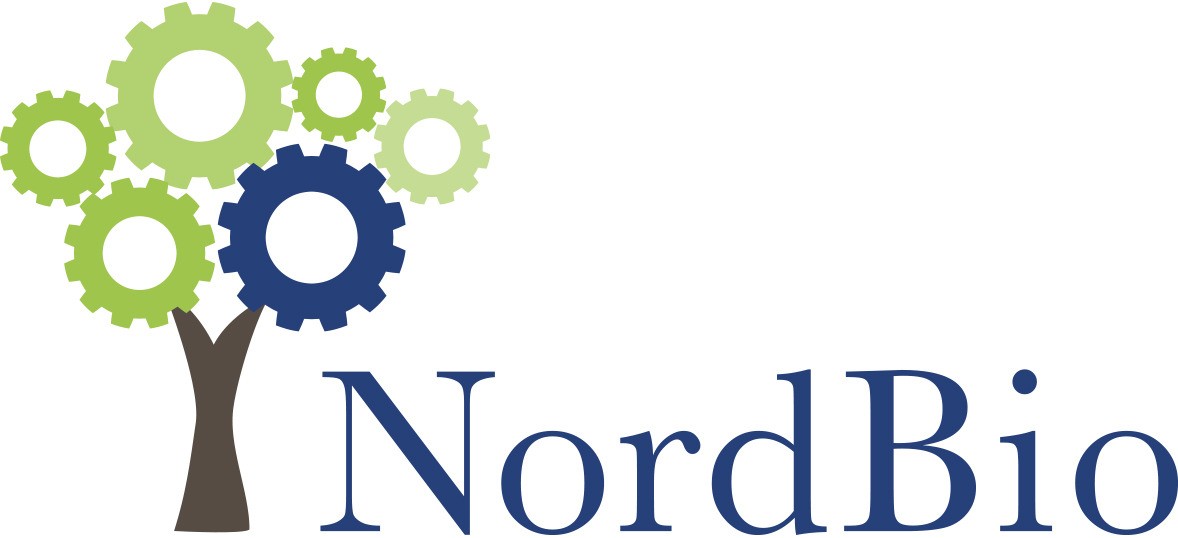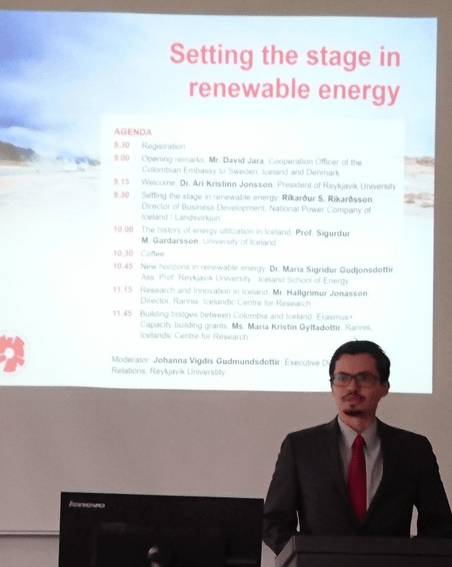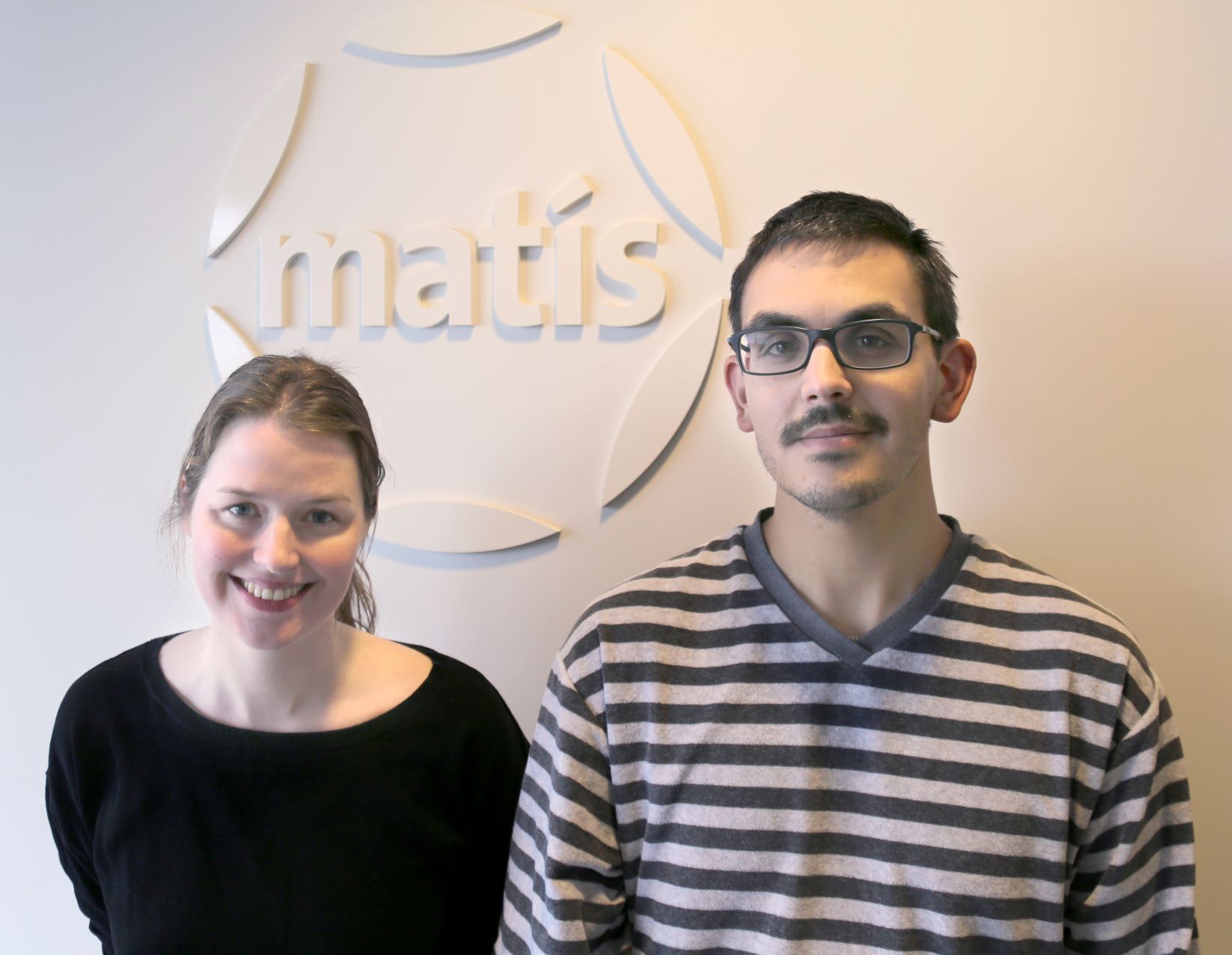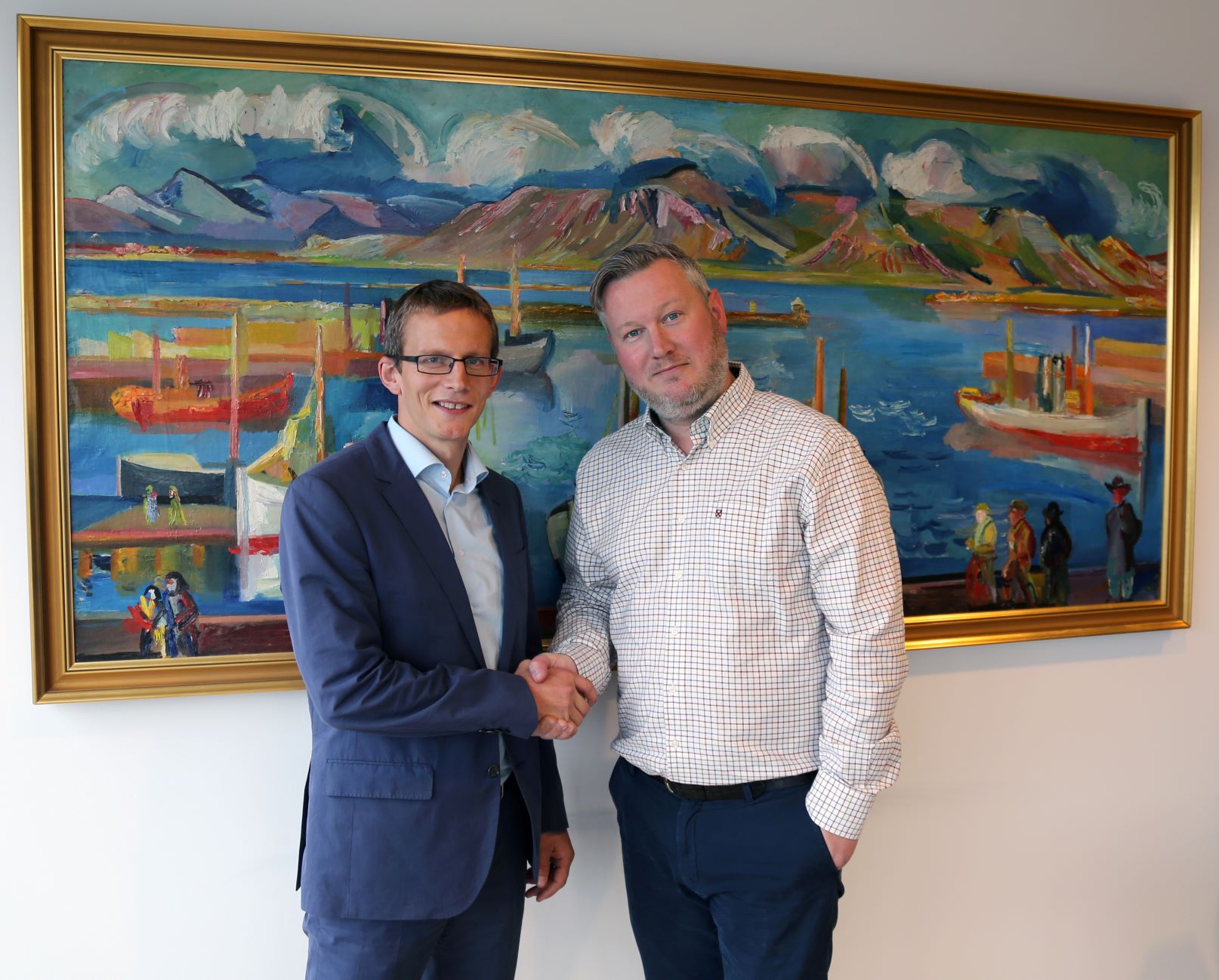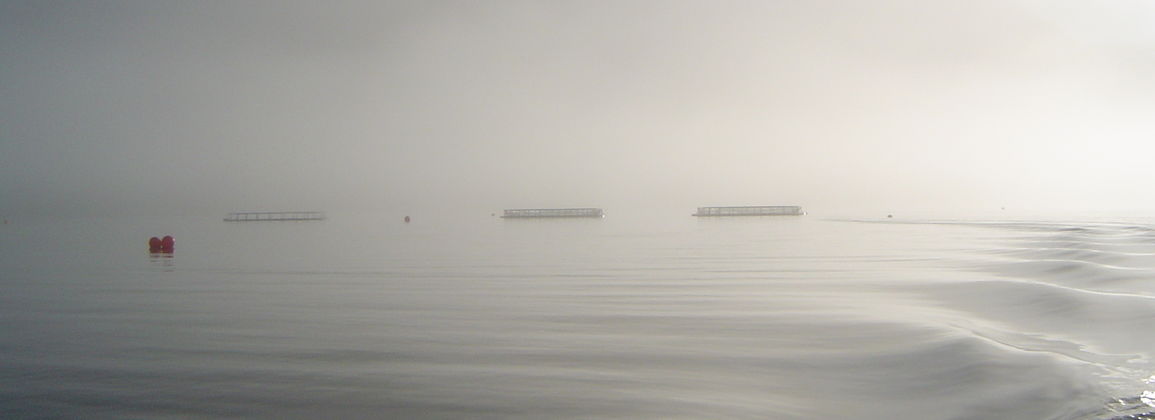Matís participates in a huge project
Þekkingarfyrirtækið Matís, sem sinnir fjölbreyttu rannsókna-, þjónustu- og nýsköpunarstarfi í matvæla- og líftækniiðnaði, hefur tryggt sér þátttöku í umfangsmiklu samevrópsku […]
Matís participates in a huge project Nánar »
